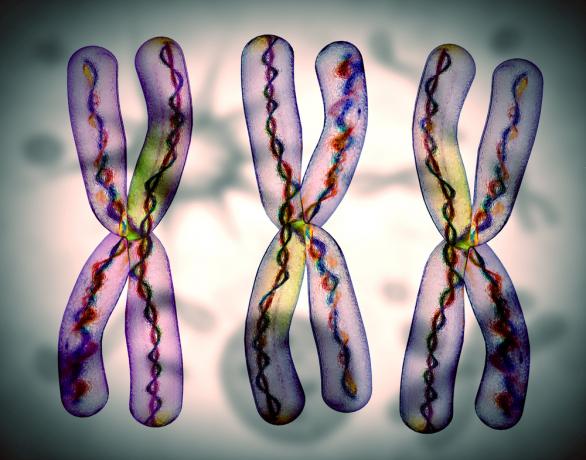The Butterfly Effect is an expression used in Chaos theory to refer to one of the most striking characteristics of chaotic systems: the sensitivity under initial conditions.
This phenomenon was first detected and described by the American meteorologist Edward Lorenz when working on a system of differential equations in order to model the evolution of time (climate).
The phenomenon of sensitivity in relation to small disturbances in the initial conditions was described through an allegory, dubbed Effect Butterfly, according to which the flapping of a butterfly's wings in Brazil can trigger a sequence of meteorological phenomena that will cause a tornado in Texas. The expression also had the happy coincidence that the "attractor" studied by Lorenz in his system of equations had a geometric shape similar to a butterfly.
Learn more about Chaos theory.
Film The Butterfly Effect
This scientific phenomenon was the inspiration for the plot of a 2004 American film, The Butterfly Effect (The Butterfly Effect), written and directed by Eric Bress, J. Mackye Gruber.
In the plot, a young man develops the supernatural ability, based on his memories, to make small changes in his past that determine new directions in the course of his life. Subsequently, the films Butterfly Effect 2 (2006) and 3 (2009) were released, which were not as successful as the first.


